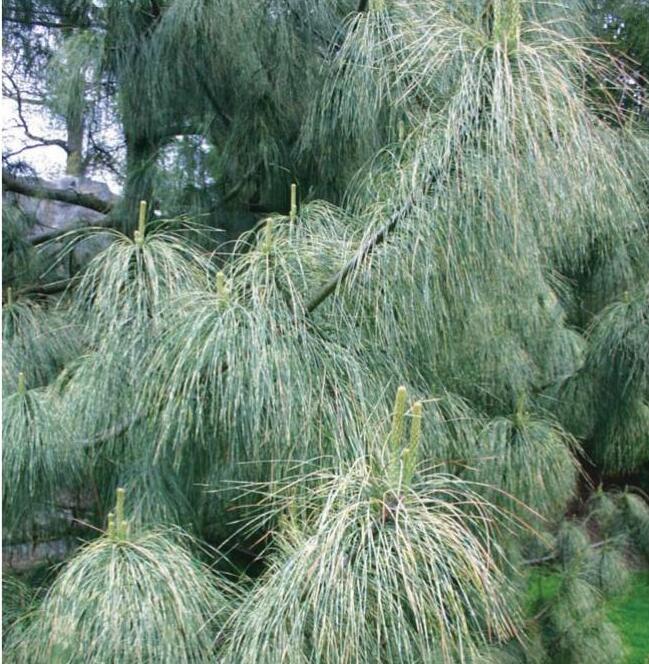
About 50 million years ago,
India was a large island off the Australian coast.
In one of the great tectonic movements of the Earth’s crust, India sailed off northward at a rate of about 1.5 inches a year, crunching into the Asian land mass. It heaved up the hulking Eurasian plate and created the east-west-oriented Himalayan mountains and the high, lonely stretches of Tibet.
From Afghanistan on the west to Tibet on the east, the Indian plate slowly crunched northward, but on its eastern side, it also crunched eastward, forming north–south mountains. A look at a topographical map shows these folded ranges, where a horticultural menagerie of plants found nowhere else on earth can be located.
Why the geology lesson? Because in the northern part of the Indian plate, from the high deserts of Afghanistan, east across the Hindu Kush and Karakoram mountain ranges and then down into the north-south ranges around Yunnan, China, is the land where the final selection in our 2023 series of specimen plants is native: Pinus wallichiana.
Other common names of this pine are Bhutan pine, Himalayan white pine and blue pine—among several more. The “blue” refers to the bluish cast of the needles, especially in the subspecies ‘Nana.’
Bu hikaye Horticulture dergisinin November - December 2023 sayısından alınmıştır.
Start your 7-day Magzter GOLD free trial to access thousands of curated premium stories, and 9,000+ magazines and newspapers.
Already a subscriber ? Giriş Yap
Bu hikaye Horticulture dergisinin November - December 2023 sayısından alınmıştır.
Start your 7-day Magzter GOLD free trial to access thousands of curated premium stories, and 9,000+ magazines and newspapers.
Already a subscriber? Giriş Yap

Pot It Up
Shake up the containergarden with theseNorth America –native perennials

THE GARDEN PATH TO PERDITION
I WAS CRUISING RIGHT ALONG, feeling okay about myself, when I came across a list of the Seven Deadly Sins.
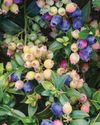
A Productive PATIO
Tiny fruit, vegetable and herb plants help gardeners maximize any sort of growing space
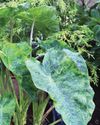
TROPICAL FUSION
A FUSS-FREE APPROACH TO USING BOLD TROPICAL PLANTS IN ANY TEMPERATE GARDEN

WINTER READING
Pass the time with any of these inspiring books
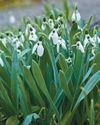
SENSING A PATTERN
Greg Coppa reflects on an odd weather year and what continued warming may mean for his Rhode Island garden
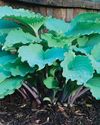
TOP-PRIZE PERENNIALS
A foliage masterpiece for shade and a late bloomer for sun

MARK WESSEL
What's new for fruit and vegetable gardeners?
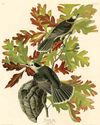
KINGS OF THE NORTHERN FORESTS
A look at the trees, shrubs and perennial plants that bolster life in Ecoregion 5

PROJECT FEEDERWATCH
Gardeners can help scientists know just where the birds are in winter